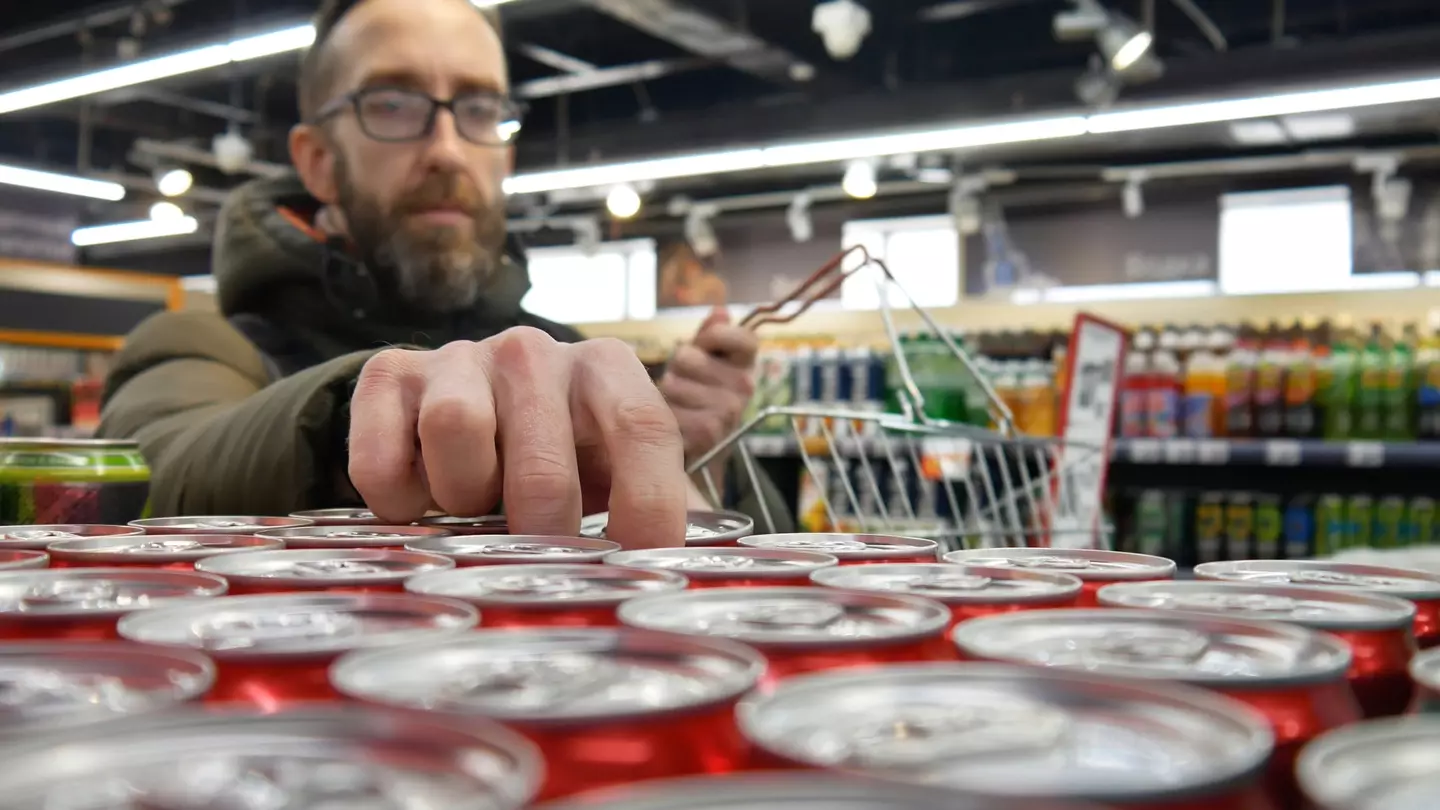
A horrifying connection has been found between the most aggressive stage of colon cancer and a drink in which almost two-in-three Americans enjoy daily.
This year, American Cancer Society estimates that as many as 107,320 residents in the US will be diagnosed with the specific type of disease - broken down, it anticipates 54,510 men and 52,810 women to receive the devastating news.
Worryingly, the cases of colorectal cancer - which is cancer of the intestines, the rectum and colon - has been increasing among people under the age of 50 by as much as three percent annually since 2011.
While there has been a notable decline in patients 65 and older from 1998 to 2019, there's a sharp increase in the same timescale for those aged between 20 and 49.
Advert

While there is no definitive reason as to why the trend has occurred, a medical oncologist believes her paper indicates that sugary drinks could be the reason.
Dr Emma Schatoff, of New York City's Memorial Sloan Kettering Cancer Center, explained her findings to the Daily Mail: "Young people were coming in with metastatic disease, or cancer that had spread everywhere - it was in their liver, lungs, other organs - and they were very surprised.
"We looked at anything that could have raised their risk level. We looked at inflammatory bowel disease and medication use, but found no difference there.
"Then we looked at diet, and found no link with processed foods or red meat. But we did find a link with high sugar foods in stage four patients diagnosed with the disease for the first time."
Adding: "We defined a high sugar diet as daily consumption of high sugar foods, such as a [single] soda or a candy."

What's more worrying, is that nationally, 63 percent of Americans aged 18 or older reported drinking sugar-sweetened beverages one or more times daily, according to the CDC.
Schatoff's paper, which she led alongside a team of colleagues, analyzed 303 early-onset colon cancer patients who conducted a questionnaire - with the average age being 42, while 51 percent of the total were also female.
Sadly, 112 of those had stage four cancer, with the other 191 having been diagnosed with stage one through to three.
As mentioned by Schatoff, of the small pool of patients, dietary factors showed no association with cancer and fruit, vegetable, fish, poultry, red meat, processed meat, or dairy intake.
However, those with high sugar diets were significantly more likely to have discovered that their cancer was the most aggressive - having spread to distant parts of their bodies.
If you’ve been affected by any of these issues and want to speak to someone in confidence, contact the American Cancer Society on 1-800-227-2345 or via their live chat feature, available 24/7 every day of the year.
Topics: Colon cancer, Cancer, US News